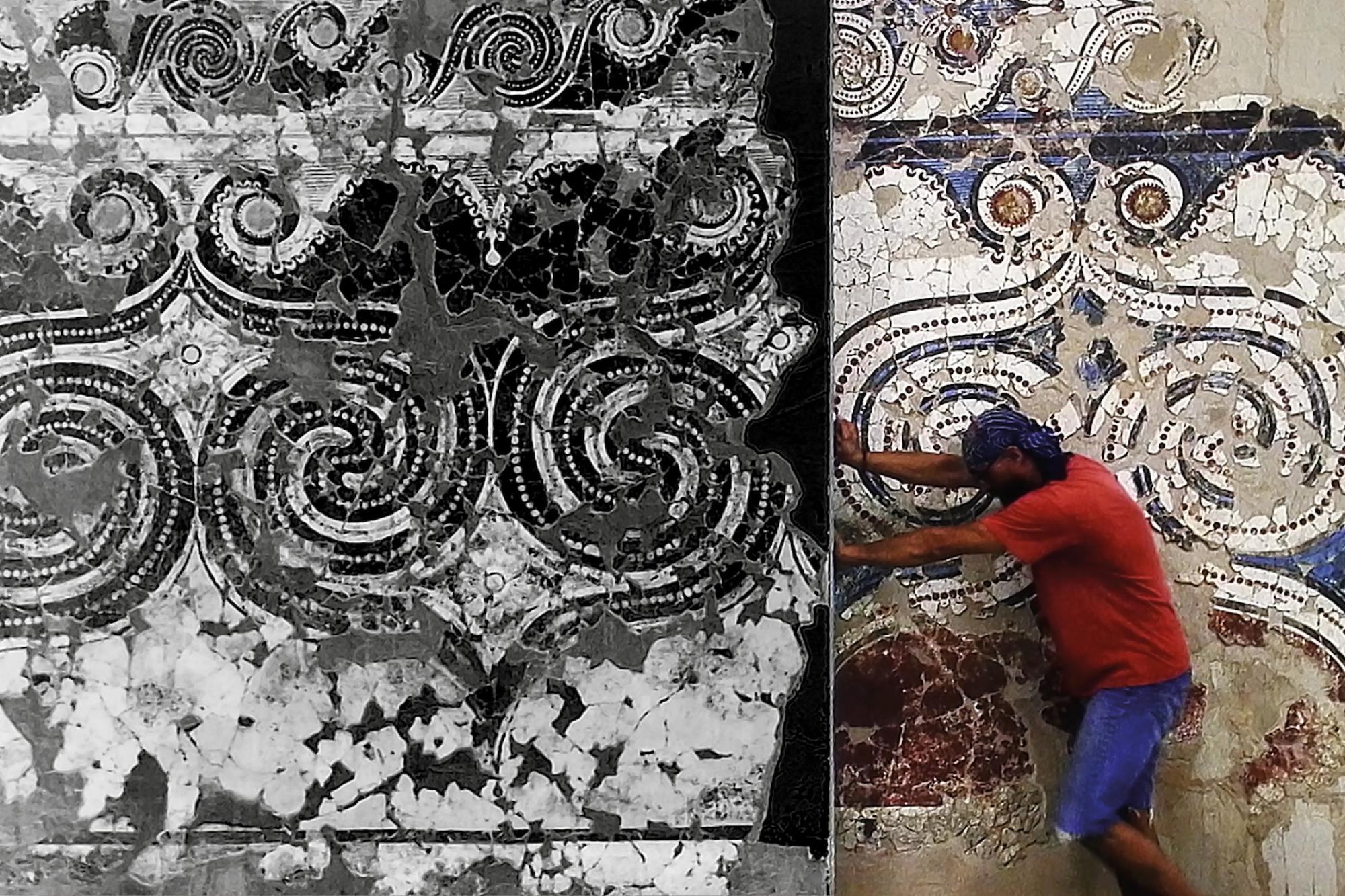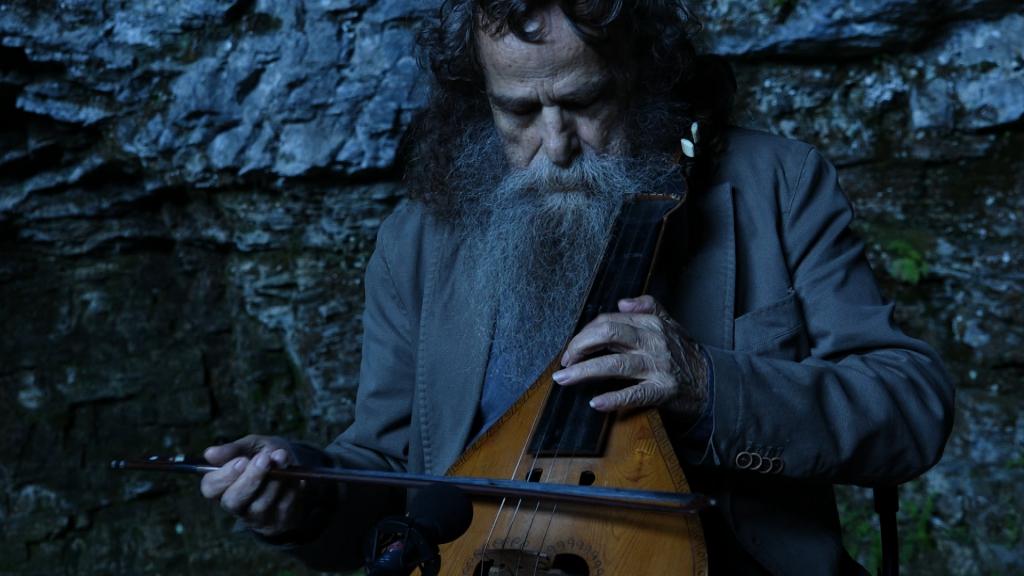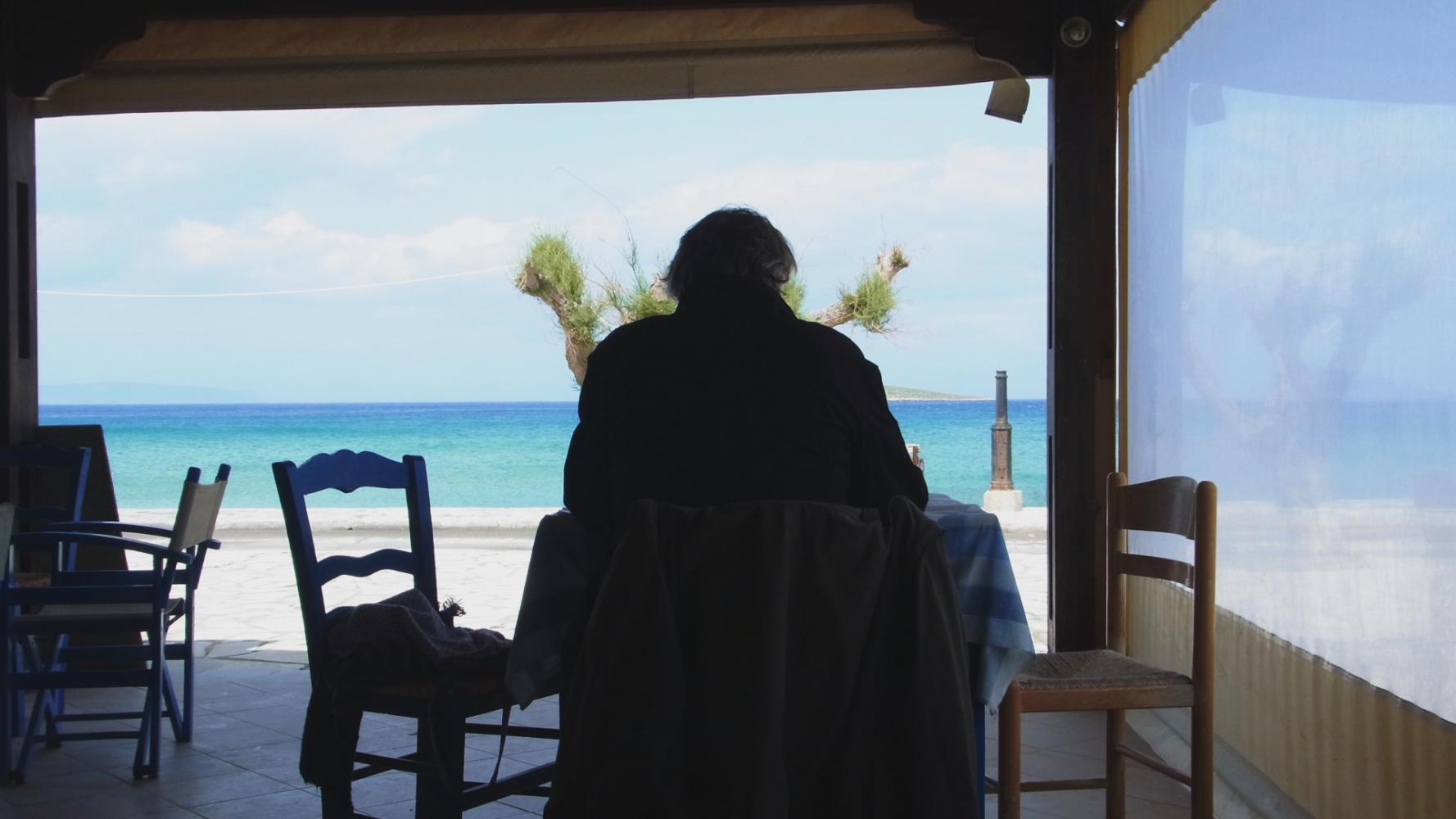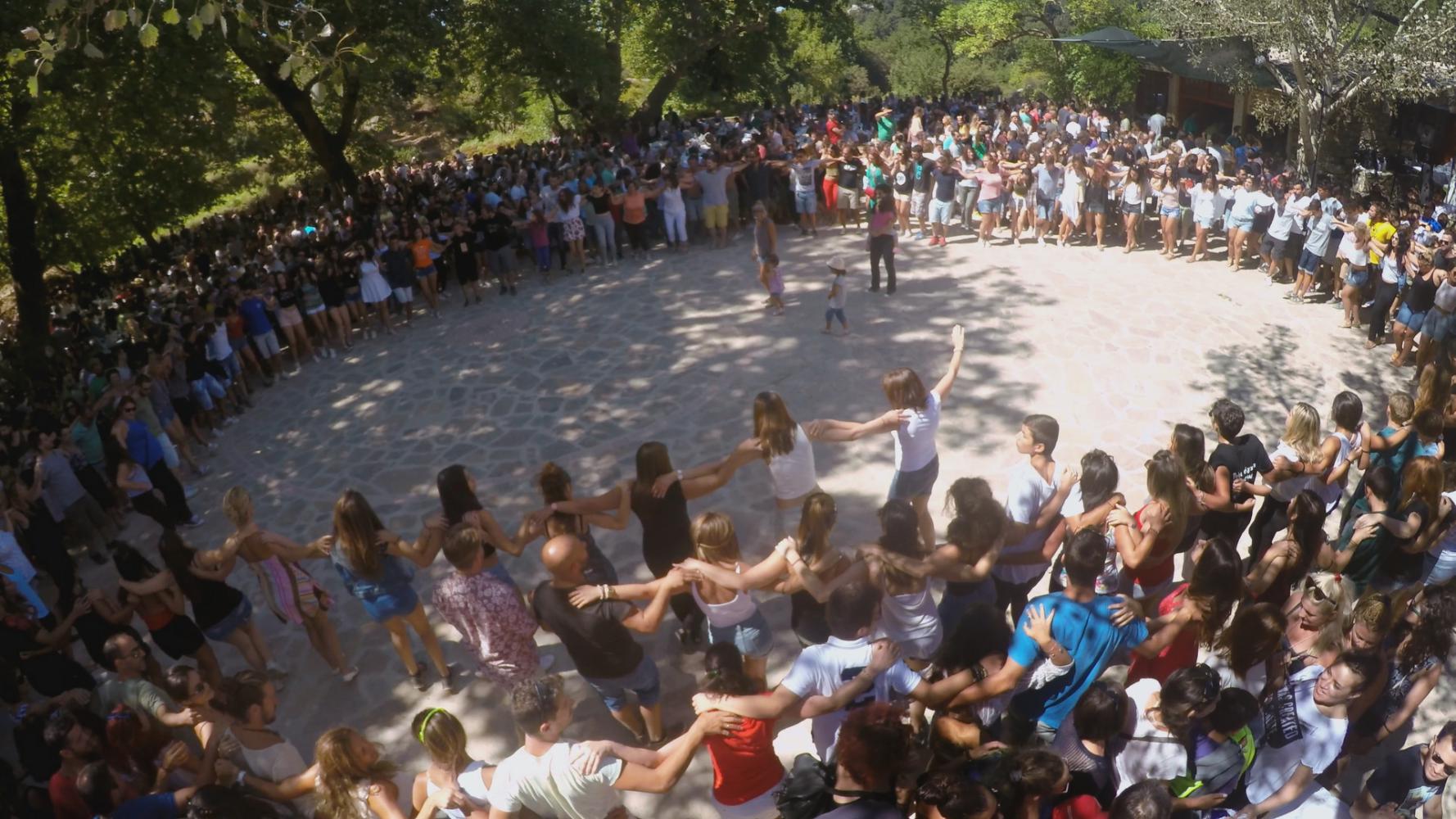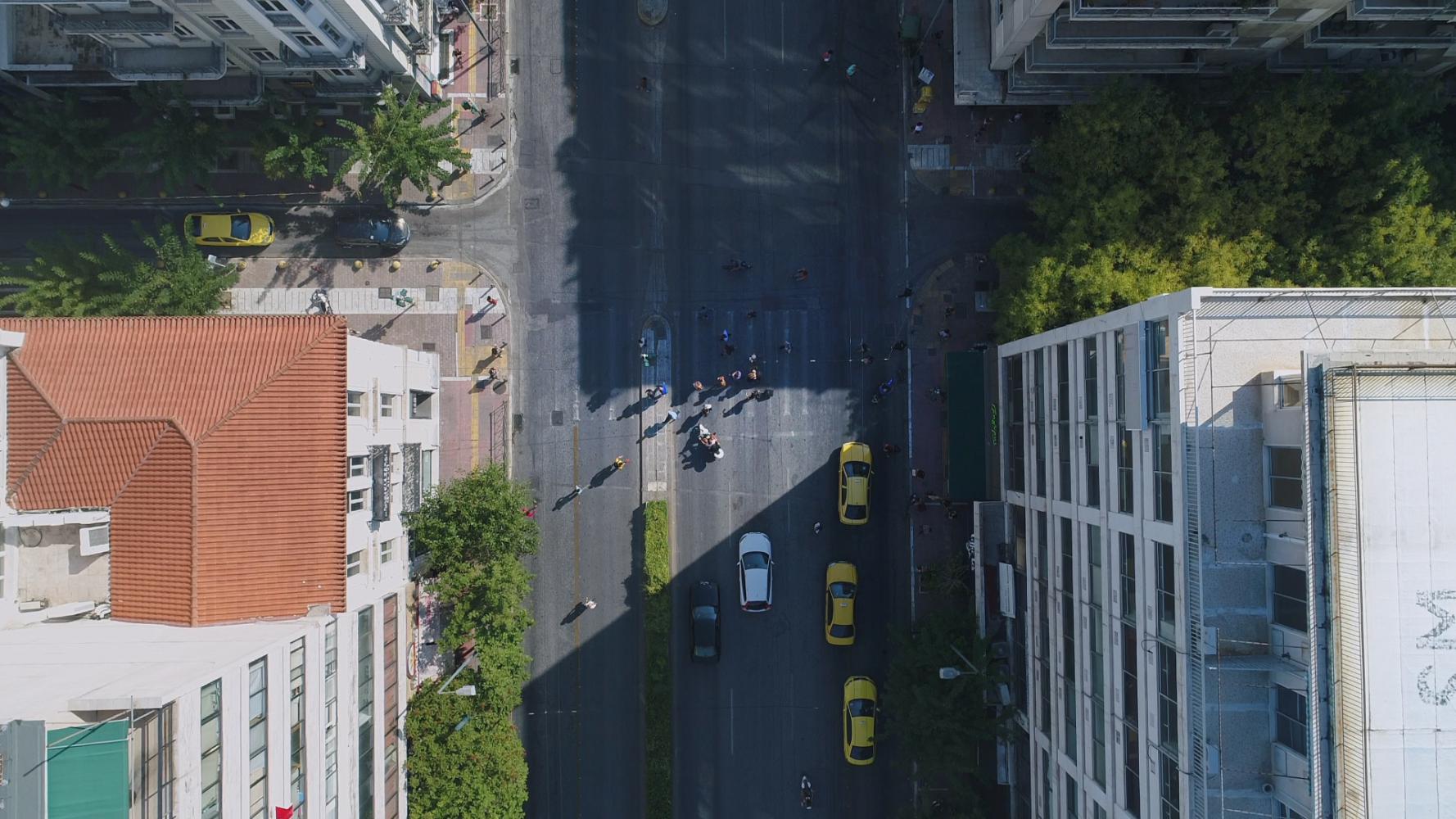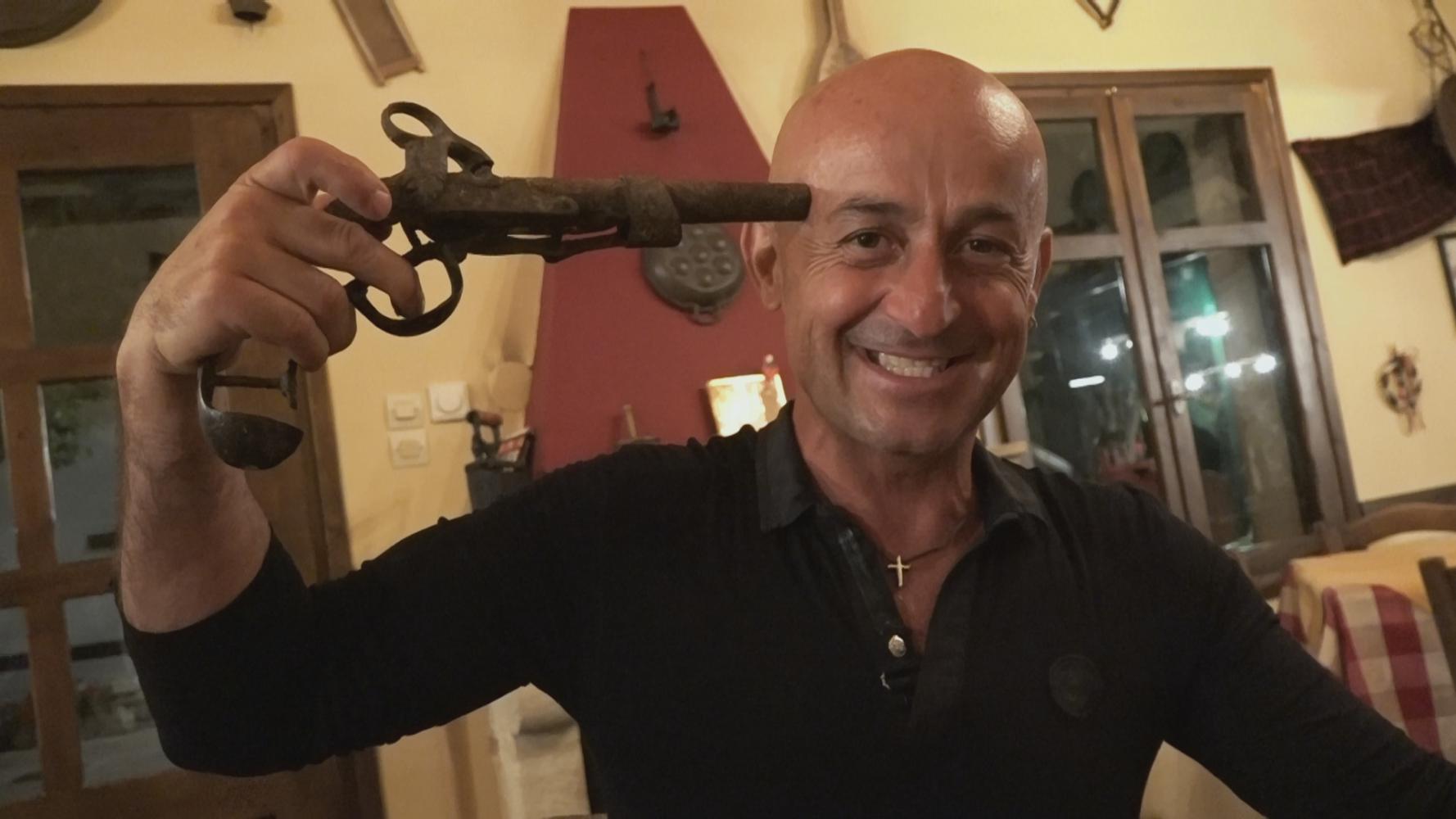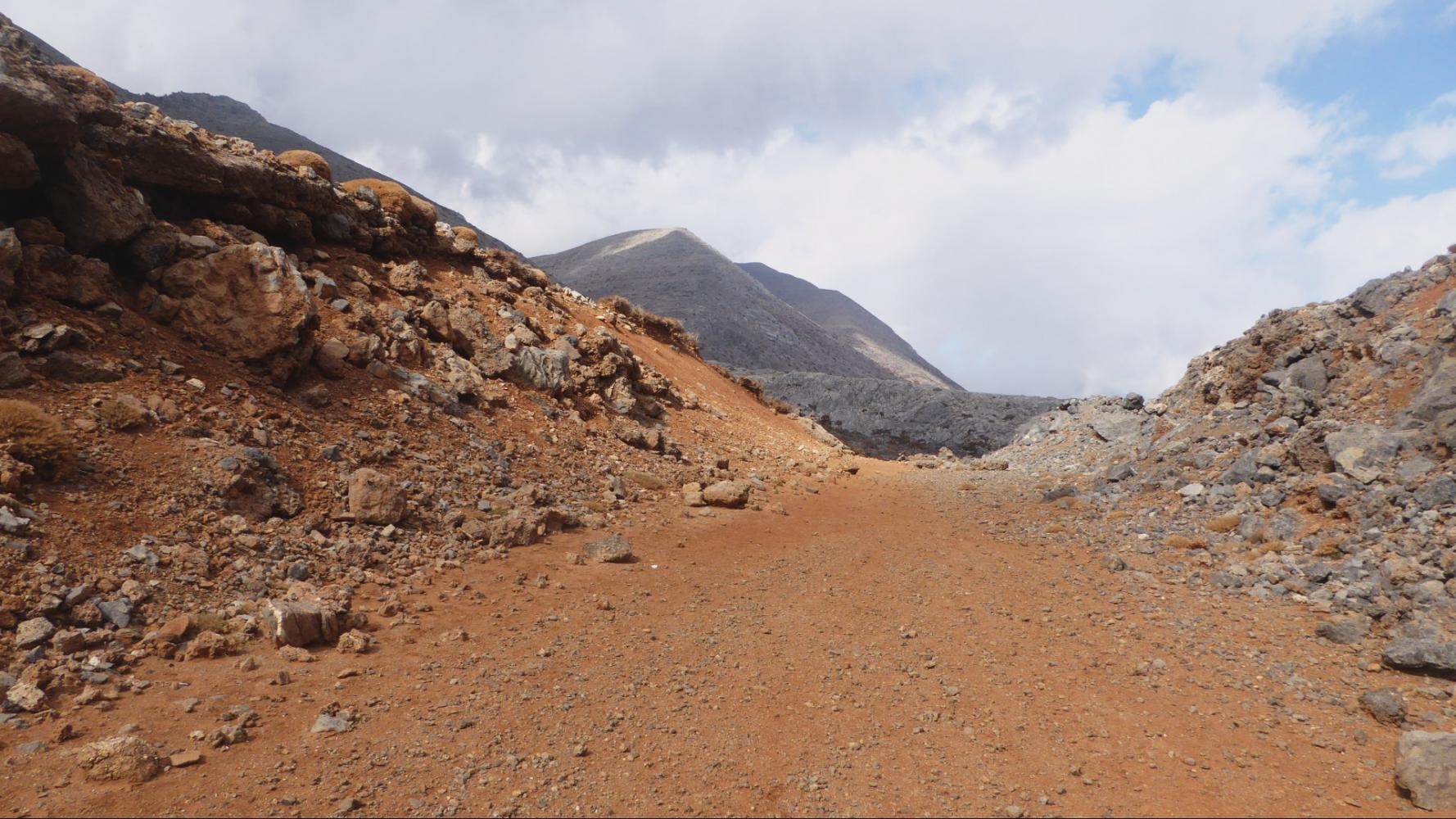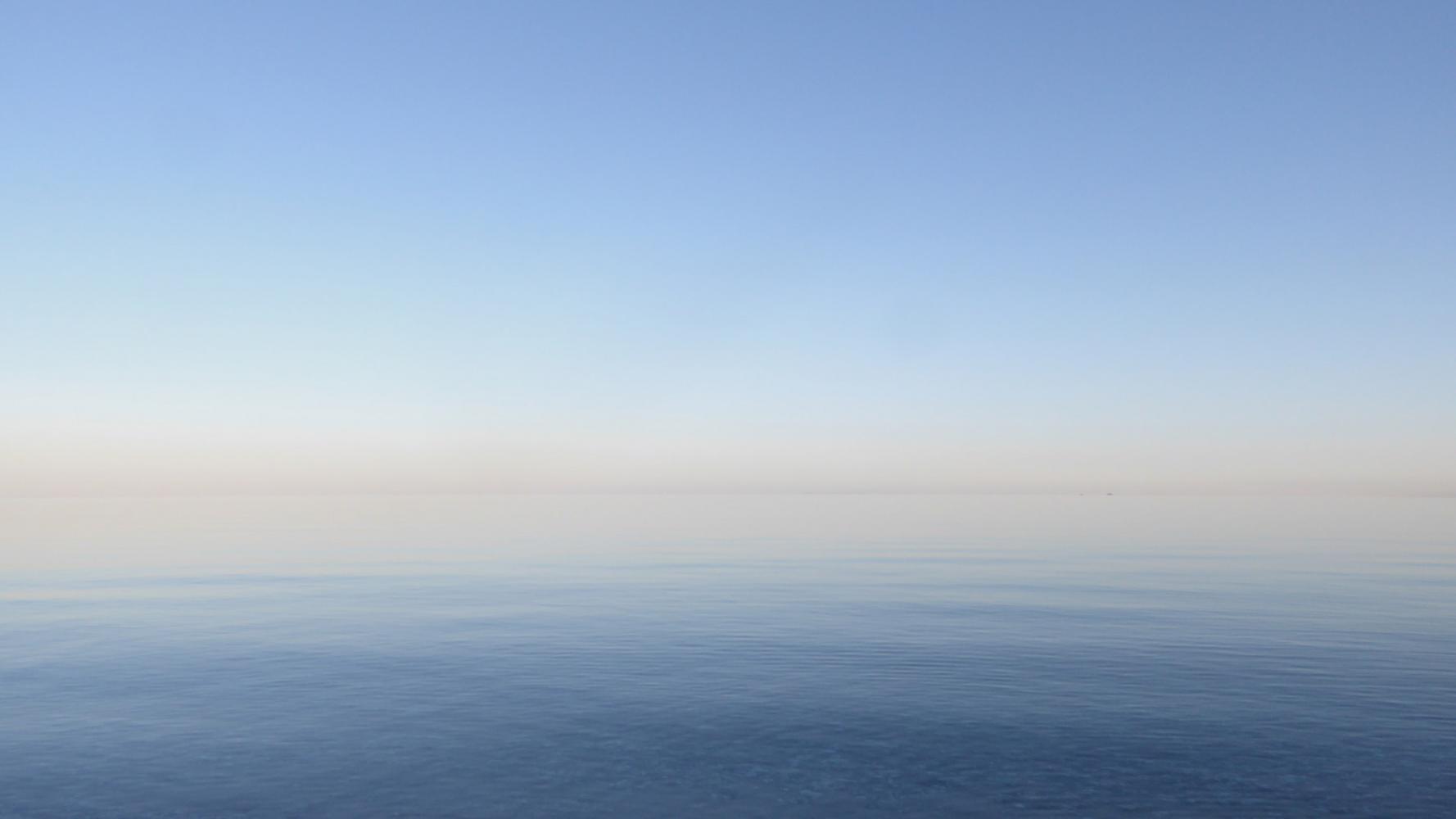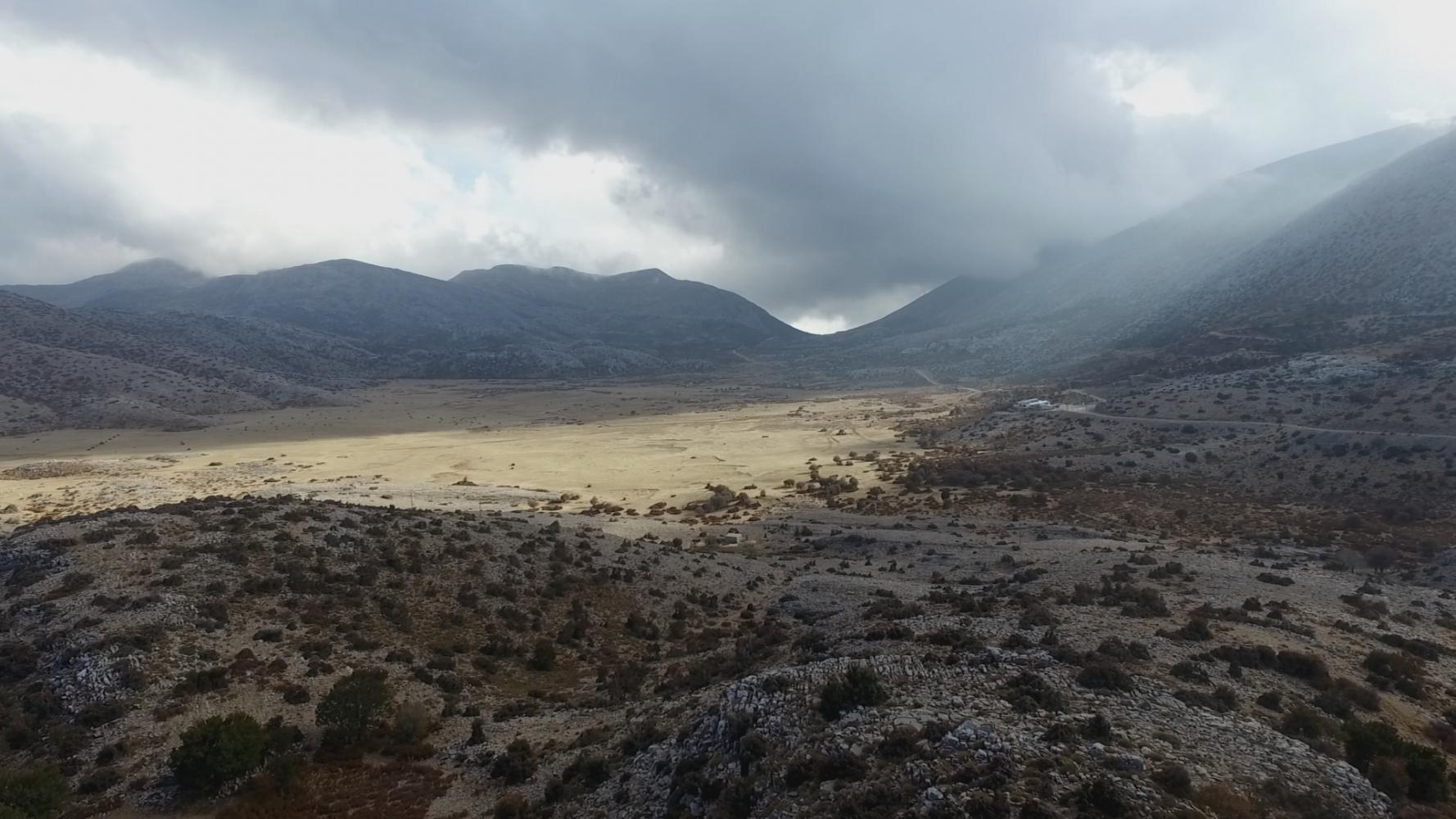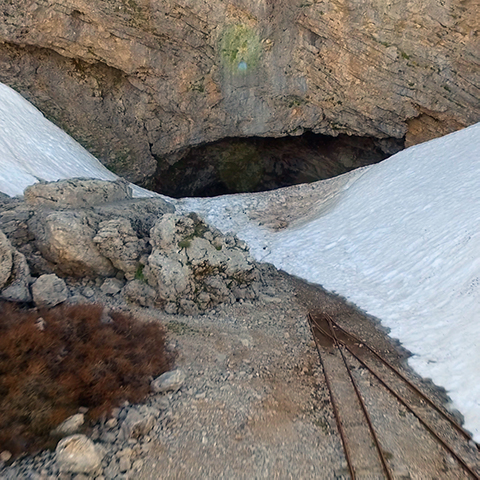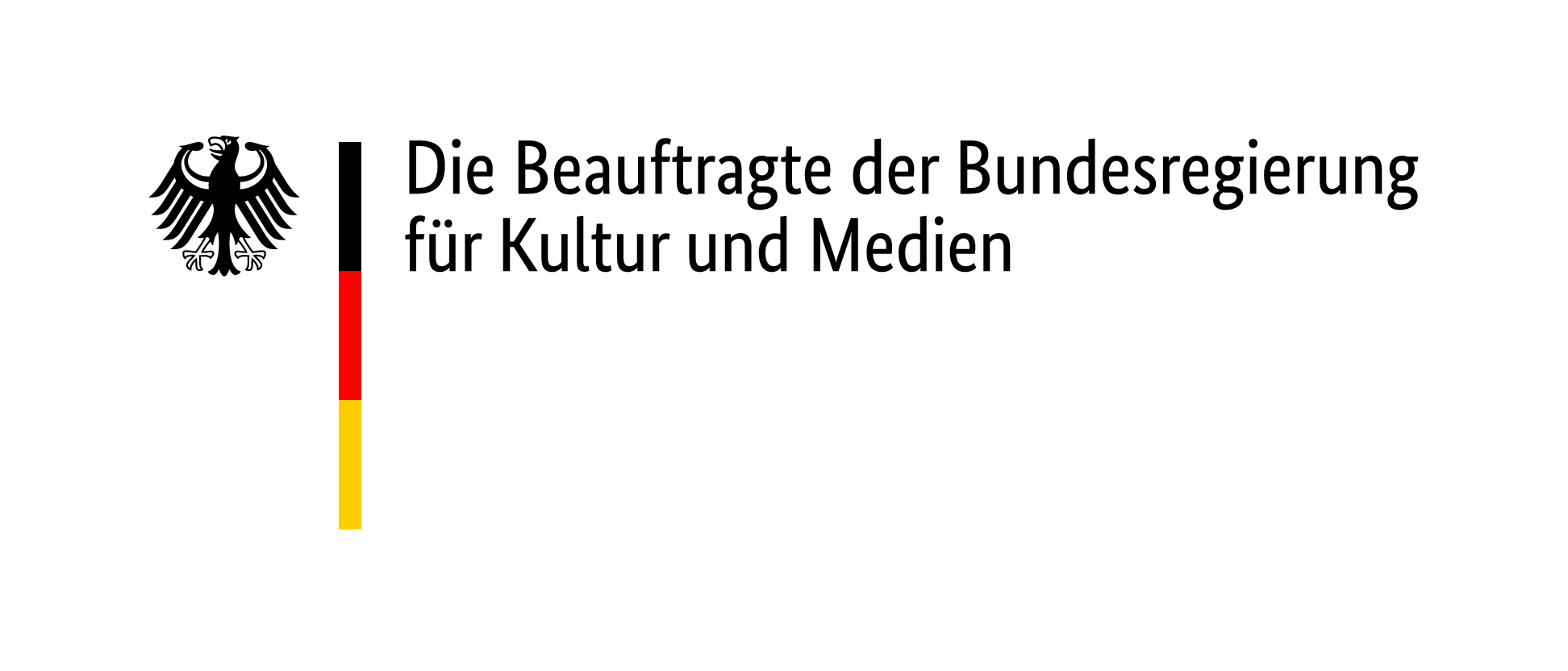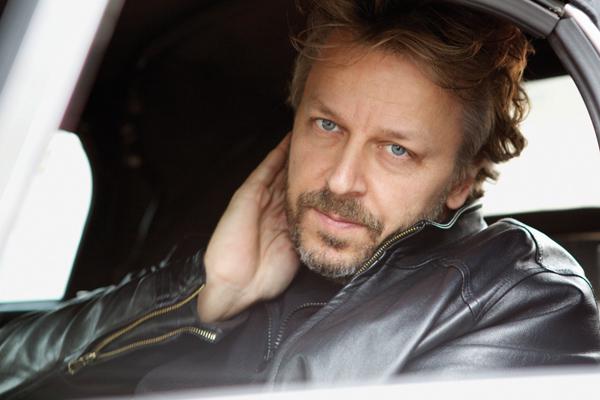Personenbezogene Daten (nachfolgend zumeist nur „Daten“ genannt) werden von uns nur im Rahmen der Erforderlichkeit sowie zum Zwecke der Bereitstellung eines funktionsfähigen und nutzerfreundlichen Internetauftritts, inklusive seiner Inhalte und der dort angebotenen Leistungen, verarbeitet.
Gemäß Art. 4 Ziffer 1. der Verordnung (EU) 2016/679, also der Datenschutz-Grundverordnung (nachfolgend nur „DSGVO“ genannt), gilt als „Verarbeitung“ jeder mit oder ohne Hilfe automatisierter Verfahren ausgeführter Vorgang oder jede solche Vorgangsreihe im Zusammenhang mit personenbezogenen Daten, wie das Erheben, das Erfassen, die Organisation, das Ordnen, die Speicherung, die Anpassung oder Veränderung, das Auslesen, das Abfragen, die Verwendung, die Offenlegung durch Übermittlung, Verbreitung oder eine andere Form der Bereitstellung, den Abgleich oder die Verknüpfung, die Einschränkung, das Löschen oder die Vernichtung.
Mit der nachfolgenden Datenschutzerklärung informieren wir Sie insbesondere über Art, Umfang, Zweck, Dauer und Rechtsgrundlage der Verarbeitung personenbezogener Daten, soweit wir entweder allein oder gemeinsam mit anderen über die Zwecke und Mittel der Verarbeitung entscheiden. Zudem informieren wir Sie nachfolgend über die von uns zu Optimierungszwecken sowie zur Steigerung der Nutzungsqualität eingesetzten Fremdkomponenten, soweit hierdurch Dritte Daten in wiederum eigener Verantwortung verarbeiten.
Unsere Datenschutzerklärung ist wie folgt gegliedert:
I. Informationen über uns als Verantwortliche
II. Rechte der Nutzer und Betroffenen
III. Informationen zur Datenverarbeitung
I. Informationen über uns als Verantwortliche
Verantwortlicher Anbieter dieses Internetauftritts im datenschutzrechtlichen Sinne ist:
Harald Bergmann Filmproduktion
Heilbronner Straße 25
D-10711 Berlin
Tel.: +49 - (0)30 - 219 66 840
E-Mail: shop@bergmannfilm.de
II. Rechte der Nutzer und Betroffenen
Mit Blick auf die nachfolgend noch näher beschriebene Datenverarbeitung haben die Nutzer und Betroffenen das Recht
- auf Bestätigung, ob sie betreffende Daten verarbeitet werden, auf Auskunft über die verarbeiteten Daten, auf weitere Informationen über die Datenverarbeitung sowie auf Kopien der Daten (vgl. auch Art. 15 DSGVO);
- auf Berichtigung oder Vervollständigung unrichtiger bzw. unvollständiger Daten (vgl. auch Art. 16 DSGVO);
- auf unverzügliche Löschung der sie betreffenden Daten (vgl. auch Art. 17 DSGVO), oder, alternativ, soweit eine weitere Verarbeitung gemäß Art. 17 Abs. 3 DSGVO erforderlich ist, auf Einschränkung der Verarbeitung nach Maßgabe von Art. 18 DSGVO;
- auf Erhalt der sie betreffenden und von ihnen bereitgestellten Daten und auf Übermittlung dieser Daten an andere Anbieter/Verantwortliche (vgl. auch Art. 20 DSGVO);
- auf Beschwerde gegenüber der Aufsichtsbehörde, sofern sie der Ansicht sind, dass die sie betreffenden Daten durch den Anbieter unter Verstoß gegen datenschutzrechtliche Bestimmungen verarbeitet werden (vgl. auch Art. 77 DSGVO).
Darüber hinaus ist der Anbieter dazu verpflichtet, alle Empfänger, denen gegenüber Daten durch den Anbieter offengelegt worden sind, über jedwede Berichtigung oder Löschung von Daten oder die Einschränkung der Verarbeitung, die aufgrund der Artikel 16, 17 Abs. 1, 18 DSGVO erfolgt, zu unterrichten. Diese Verpflichtung besteht jedoch nicht, soweit diese Mitteilung unmöglich oder mit einem unverhältnismäßigen Aufwand verbunden ist. Unbeschadet dessen hat der Nutzer ein Recht auf Auskunft über diese Empfänger.
Ebenfalls haben die Nutzer und Betroffenen nach Art. 21 DSGVO das Recht auf Widerspruch gegen die künftige Verarbeitung der sie betreffenden Daten, sofern die Daten durch den Anbieter nach Maßgabe von Art. 6 Abs. 1 lit. f) DSGVO verarbeitet werden. Insbesondere ist ein Widerspruch gegen die Datenverarbeitung zum Zwecke der Direktwerbung statthaft.
III. Informationen zur Datenverarbeitung
Ihre bei Nutzung unseres Internetauftritts verarbeiteten Daten werden gelöscht oder gesperrt, sobald der Zweck der Speicherung entfällt, der Löschung der Daten keine gesetzlichen Aufbewahrungspflichten entgegenstehen und nachfolgend keine anderslautenden Angaben zu einzelnen Verarbeitungsverfahren gemacht werden.
Serverdaten
Aus technischen Gründen, insbesondere zur Gewährleistung eines sicheren und stabilen Internetauftritts, werden Daten durch Ihren Internet-Browser an uns bzw. an unseren Webspace-Provider übermittelt. Mit diesen sog. Server-Logfiles werden u.a. Typ und Version Ihres Internetbrowsers, das Betriebssystem, die Website, von der aus Sie auf unseren Internetauftritt gewechselt haben (Referrer URL), die Website(s) unseres Internetauftritts, die Sie besuchen, Datum und Uhrzeit des jeweiligen Zugriffs sowie die IP-Adresse des Internetanschlusses, von dem aus die Nutzung unseres Internetauftritts erfolgt, erhoben.
Diese so erhobenen Daten werden vorrübergehend gespeichert, dies jedoch nicht gemeinsam mit anderen Daten von Ihnen.
Diese Speicherung erfolgt auf der Rechtsgrundlage von Art. 6 Abs. 1 lit. f) DSGVO. Unser berechtigtes Interesse liegt in der Verbesserung, Stabilität, Funktionalität und Sicherheit unseres Internetauftritts.
Die Daten werden spätestens nach sieben Tage wieder gelöscht, soweit keine weitere Aufbewahrung zu Beweiszwecken erforderlich ist. Andernfalls sind die Daten bis zur endgültigen Klärung eines Vorfalls ganz oder teilweise von der Löschung ausgenommen.
Cookies
a) Sitzungs-Cookies/Session-Cookies
Wir verwenden mit unserem Internetauftritt sog. Cookies. Cookies sind kleine Textdateien oder andere Speichertechnologien, die durch den von Ihnen eingesetzten Internet-Browser auf Ihrem Endgerät ablegt und gespeichert werden. Durch diese Cookies werden im individuellen Umfang bestimmte Informationen von Ihnen, wie beispielsweise Ihre Browser- oder Standortdaten oder Ihre IP-Adresse, verarbeitet.
Durch diese Verarbeitung wird unser Internetauftritt benutzerfreundlicher, effektiver und sicherer, da die Verarbeitung bspw. die Wiedergabe unseres Internetauftritts in unterschiedlichen Sprachen oder das Angebot einer Warenkorbfunktion ermöglicht.
Rechtsgrundlage dieser Verarbeitung ist Art. 6 Abs. 1 lit b.) DSGVO, sofern diese Cookies Daten zur Vertragsanbahnung oder Vertragsabwicklung verarbeitet werden.
Falls die Verarbeitung nicht der Vertragsanbahnung oder Vertragsabwicklung dient, liegt unser berechtigtes Interesse in der Verbesserung der Funktionalität unseres Internetauftritts. Rechtsgrundlage ist in dann Art. 6 Abs. 1 lit. f) DSGVO.
Mit Schließen Ihres Internet-Browsers werden diese Session-Cookies gelöscht.
b) Drittanbieter-Cookies
Gegebenenfalls werden mit unserem Internetauftritt auch Cookies von Partnerunternehmen, mit denen wir zum Zwecke der Werbung, der Analyse oder der Funktionalitäten unseres Internetauftritts zusammenarbeiten, verwendet.
Die Einzelheiten hierzu, insbesondere zu den Zwecken und den Rechtsgrundlagen der Verarbeitung solcher Drittanbieter-Cookies, entnehmen Sie bitte den nachfolgenden Informationen.
c) Beseitigungsmöglichkeit
Sie können die Installation der Cookies durch eine Einstellung Ihres Internet-Browsers verhindern oder einschränken. Ebenfalls können Sie bereits gespeicherte Cookies jederzeit löschen. Die hierfür erforderlichen Schritte und Maßnahmen hängen jedoch von Ihrem konkret genutzten Internet-Browser ab. Bei Fragen benutzen Sie daher bitte die Hilfefunktion oder Dokumentation Ihres Internet-Browsers oder wenden sich an dessen Hersteller bzw. Support. Bei sog. Flash-Cookies kann die Verarbeitung allerdings nicht über die Einstellungen des Browsers unterbunden werden. Stattdessen müssen Sie insoweit die Einstellung Ihres Flash-Players ändern. Auch die hierfür erforderlichen Schritte und Maßnahmen hängen von Ihrem konkret genutzten Flash-Player ab. Bei Fragen benutzen Sie daher bitte ebenso die Hilfefunktion oder Dokumentation Ihres Flash-Players oder wenden sich an den Hersteller bzw. Benutzer-Support.
Sollten Sie die Installation der Cookies verhindern oder einschränken, kann dies allerdings dazu führen, dass nicht sämtliche Funktionen unseres Internetauftritts vollumfänglich nutzbar sind.
Vertragsabwicklung
Die von Ihnen zur Inanspruchnahme unseres Waren- und/oder Dienstleistungsangebots übermittelten Daten werden von uns zum Zwecke der Vertragsabwicklung verarbeitet und sind insoweit erforderlich. Vertragsschluss und Vertragsabwicklung sind ohne Bereitstellung Ihrer Daten nicht möglich.
Rechtsgrundlage für die Verarbeitung ist Art. 6 Abs. 1 lit. b) DSGVO.
Wir löschen die Daten mit vollständiger Vertragsabwicklung, müssen dabei aber die steuer- und handelsrechtlichen Aufbewahrungsfristen beachten.
Im Rahmen der Vertragsabwicklung geben wir Ihre Daten an das mit der Warenlieferung beauftragte Transportunternehmen oder an den Finanzdienstleister weiter, soweit die Weitergabe zur Warenauslieferung oder zu Bezahlzwecken erforderlich ist.
Rechtsgrundlage für die Weitergabe der Daten ist dann Art. 6 Abs. 1 lit. b) DSGVO.
Kundenkonto / Registrierungsfunktion
Falls Sie über unseren Internetauftritt ein Kundenkonto bei uns anlegen, werden wir die von Ihnen bei der Registrierung eingegebenen Daten (also bspw. Ihren Namen, Ihre Anschrift oder Ihre E-Mail-Adresse) ausschließlich für vorvertragliche Leistungen, für die Vertragserfüllung oder zum Zwecke der Kundenpflege (bspw. um Ihnen eine Übersicht über Ihre bisherigen Bestellungen bei uns zur Verfügung zu stellen oder um Ihnen die sog. Merkzettelfunktion anbieten zu können) erheben und speichern. Gleichzeitig speichern wir dann die IP-Adresse und das Datum Ihrer Registrierung nebst Uhrzeit. Eine Weitergabe dieser Daten an Dritte erfolgt natürlich nicht.
Im Rahmen des weiteren Anmeldevorgangs wird Ihre Einwilligung in diese Verarbeitung eingeholt und auf diese Datenschutzerklärung verwiesen. Die dabei von uns erhobenen Daten werden ausschließlich für die Zurverfügungstellung des Kundenkontos verwendet.
Soweit Sie in diese Verarbeitung einwilligen, ist Art. 6 Abs. 1 lit. a) DSGVO Rechtsgrundlage für die Verarbeitung.
Sofern die Eröffnung des Kundenkontos zusätzlich auch vorvertraglichen Maßnahmen oder der Vertragserfüllung dient, so ist Rechtsgrundlage für diese Verarbeitung auch noch Art. 6 Abs. 1 lit. b) DSGVO.
Die uns erteilte Einwilligung in die Eröffnung und den Unterhalt des Kundenkontos können Sie gemäß Art. 7 Abs. 3 DSGVO jederzeit mit Wirkung für die Zukunft widerrufen. Hierzu müssen Sie uns lediglich über Ihren Widerruf in Kenntnis setzen.
Die insoweit erhobenen Daten werden gelöscht, sobald die Verarbeitung nicht mehr erforderlich ist. Hierbei müssen wir aber steuer- und handelsrechtliche Aufbewahrungsfristen beachten.
Kontaktanfragen / Kontaktmöglichkeit
Sofern Sie per Kontaktformular oder E-Mail mit uns in Kontakt treten, werden die dabei von Ihnen angegebenen Daten zur Bearbeitung Ihrer Anfrage genutzt. Die Angabe der Daten ist zur Bearbeitung und Beantwortung Ihre Anfrage erforderlich - ohne deren Bereitstellung können wir Ihre Anfrage nicht oder allenfalls eingeschränkt beantworten.
Rechtsgrundlage für diese Verarbeitung ist Art. 6 Abs. 1 lit. b) DSGVO.
Ihre Daten werden gelöscht, sofern Ihre Anfrage abschließend beantwortet worden ist und der Löschung keine gesetzlichen Aufbewahrungspflichten entgegenstehen, wie bspw. bei einer sich etwaig anschließenden Vertragsabwicklung.
Muster-Datenschutzerklärung der Anwaltskanzlei Weiß & Partner
